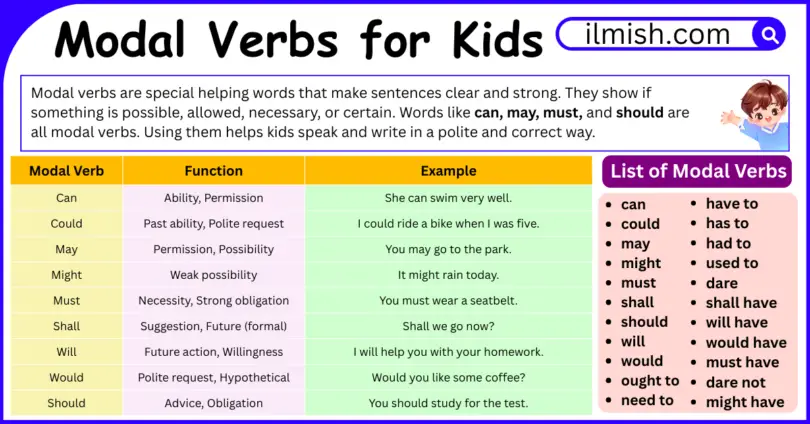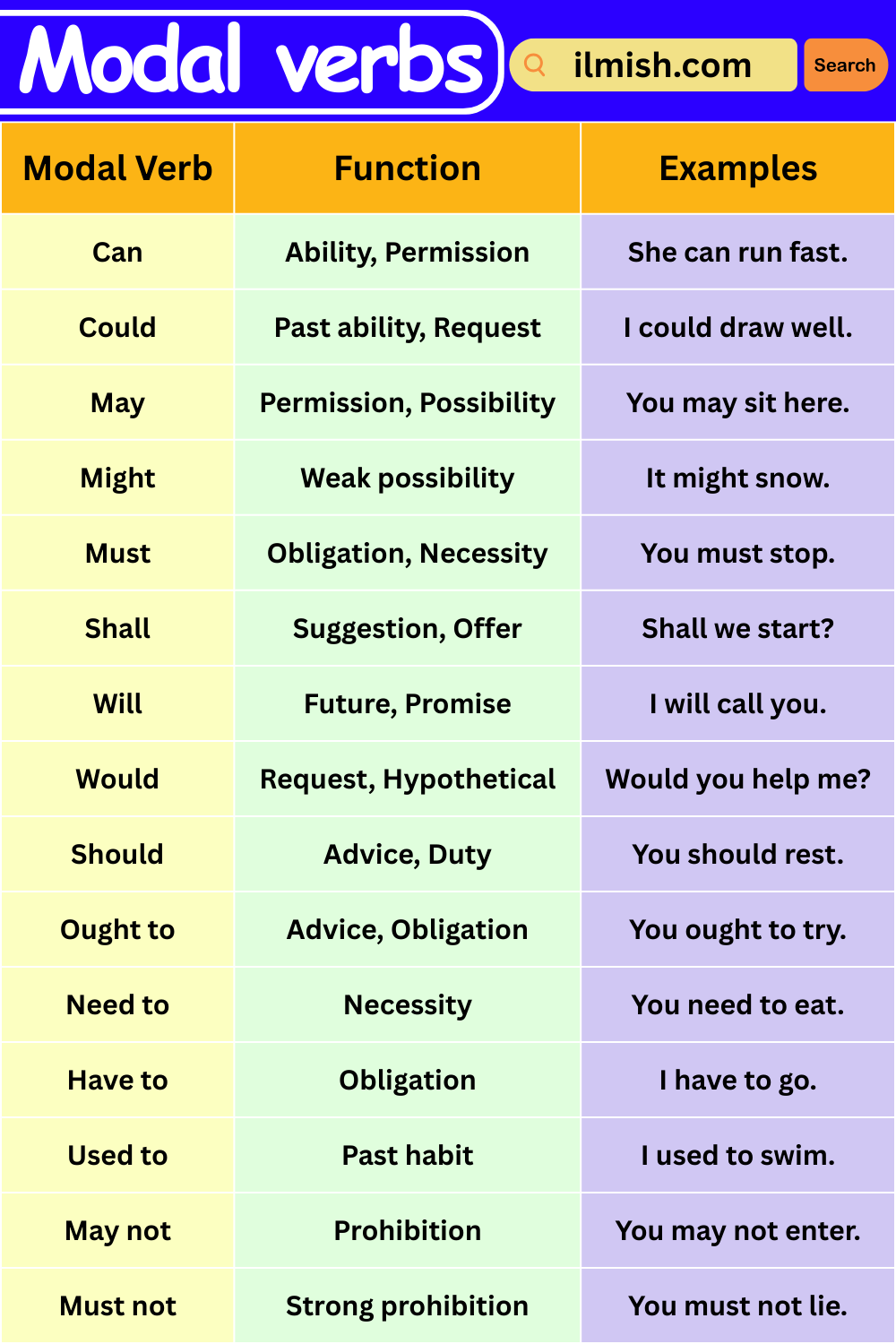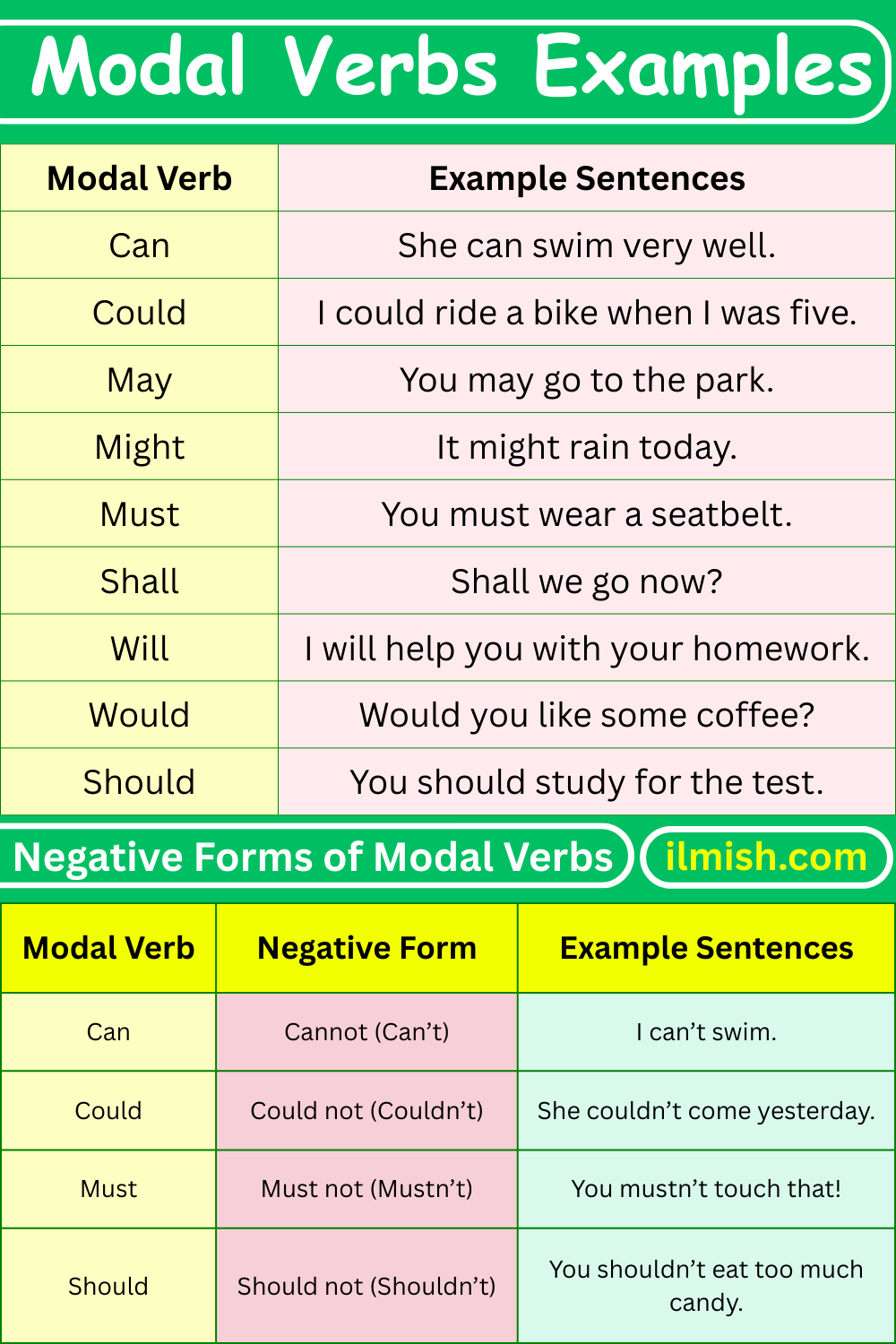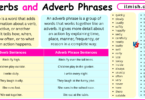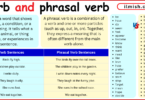What Are Modal Verbs?
Common Modal Verbs in English
| Modal Verb | Function | Example |
|---|---|---|
| Can | Ability, Permission | She can swim very well. |
| Could | Past ability, Polite request | I could ride a bike when I was five. |
| May | Permission, Possibility | You may go to the park. |
| Might | Weak possibility | It might rain today. |
| Must | Necessity, Strong obligation | You must wear a seatbelt. |
| Shall | Suggestion, Future (formal) | Shall we go now? |
| Should | Advice, Recommendation | You should eat healthy food. |
| Will | Future, Promise | I will call you tomorrow. |
| Would | Polite request, Hypothetical situation | Would you help me, please? |
How to Use Modal Verbs
Modal verbs are easy to use once you understand their purpose. Let’s look at each one in detail.
1. Can & Could (Ability & Permission)
- Can shows present ability or permission.
- I can speak English. (Ability)
- Mom, can I go outside? (Permission)
- Could is the past form of “can” and is also used for polite requests.
- When I was young, I could run fast. (Past ability)
- Could you pass me the salt, please? (Polite request)
2. May & Might (Permission & Possibility)
- May is used for formal permission or possibility.
- You may leave the class now. (Permission)
- It may snow tonight. (Possibility)
- Might suggests a weaker possibility.
- She might come to the party. (Uncertainty)
3. Must & Have To (Necessity & Obligation)
- Must shows strong necessity (often personal obligation).
- You must finish your homework. (Strong obligation)
- Have to is similar but used for general rules.
- I have to wake up early for school. (External rule)
4. Should & Ought To (Advice & Recommendation)
- Should gives advice or suggests what is right.
- You should drink more water. (Advice)
- Ought to is a formal version of “should.”
- He ought to apologize. (Strong suggestion)
5. Will & Would (Future & Polite Requests)
- Will is used for future actions or promises.
- I will help you later. (Promise)
- Would is used for polite requests or imaginary situations.
- Would you like some tea? (Polite offer)
- If I had money, I would buy a car. (Hypothetical)
Negative Forms of Modal Verbs
To make modal verbs negative, just add “not” after them.
| Modal Verb | Negative Form | Example |
|---|---|---|
| Can | Cannot (Can’t) | I can’t swim. |
| Could | Could not (Couldn’t) | She couldn’t come yesterday. |
| Must | Must not (Mustn’t) | You mustn’t touch that! |
| Should | Should not (Shouldn’t) | You shouldn’t eat too much candy. |
Modal Verbs in Questions
To make questions, place the modal verb before the subject.
- Can you sing?
- Should we leave now?
- Would you like some juice?
List of modal verbs in English
can
could
may
might
must
shall
should
will
would
ought to
need to
have to
has to
had to
used to
dare
be able to
be going to
be supposed to
be allowed to
might have
could have
should have
would have
must have
shall have
will have
ought to have
need not
dare not
20 Modal verbs in Example Sentences
| No. | Example Sentence |
|---|---|
| 1 | She can sing very well. |
| 2 | He could climb the tree easily. |
| 3 | You may take a seat. |
| 4 | It might rain today. |
| 5 | You must wear your uniform. |
| 6 | I shall help you tomorrow. |
| 7 | You should drink more water. |
| 8 | She will visit her grandma. |
| 9 | I would love some coffee. |
| 10 | You ought to be kind. |
| 11 | We need to leave early. |
| 12 | He has to finish the work. |
| 13 | I had to go home early. |
| 14 | She used to play here. |
| 15 | He dare not lie to his parents. |
| 16 | I am able to solve this. |
| 17 | They are going to start soon. |
| 18 | You are supposed to follow rules. |
| 19 | She is allowed to stay out late. |
| 20 | You need not worry about it. |
Final Tips for Using Modal Verbs
- No “to” after modals – She can swim (Not: She can to swim).
- No -s in third person – He can run fast (Not: He cans run fast).
- Use the base form of the main verb – You must go (Not: You must going).
Conclusion
Modal verbs help us express different meanings like ability, permission, advice, and necessity. By practicing with examples, kids can easily master them. Try making your own sentences with each modal verb to improve your English!
Did you find this guide helpful? Let us know in the comments below! 🚀
Learn more helpful articles

